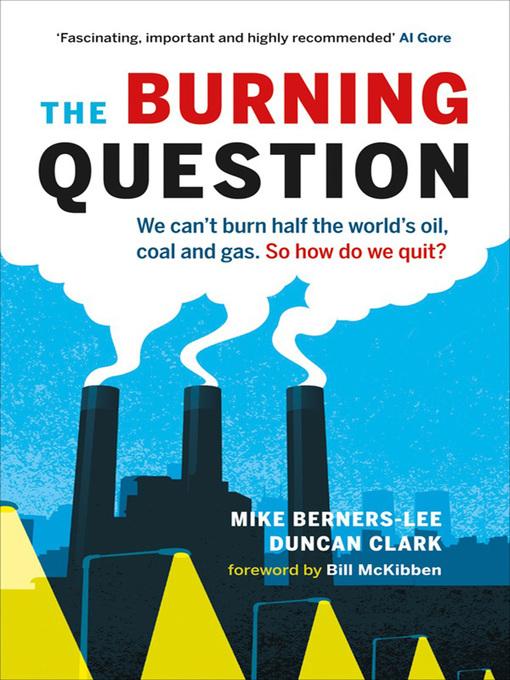Tackling global warming will mean persuading the world to abandon oil, coal and gas reserves worth many trillions of dollars — at least until we have the means to put carbon back in the ground. The burning question is whether that can be done. What mix of politics, psychology, economics and technology might be required? Are the energy companies massively overvalued, and how will carbon-cuts affect the global economy? Will we wake up to the threat in time? And who can do what to make it all happen?
Published in Partnership with the David Suzuki Institute.

